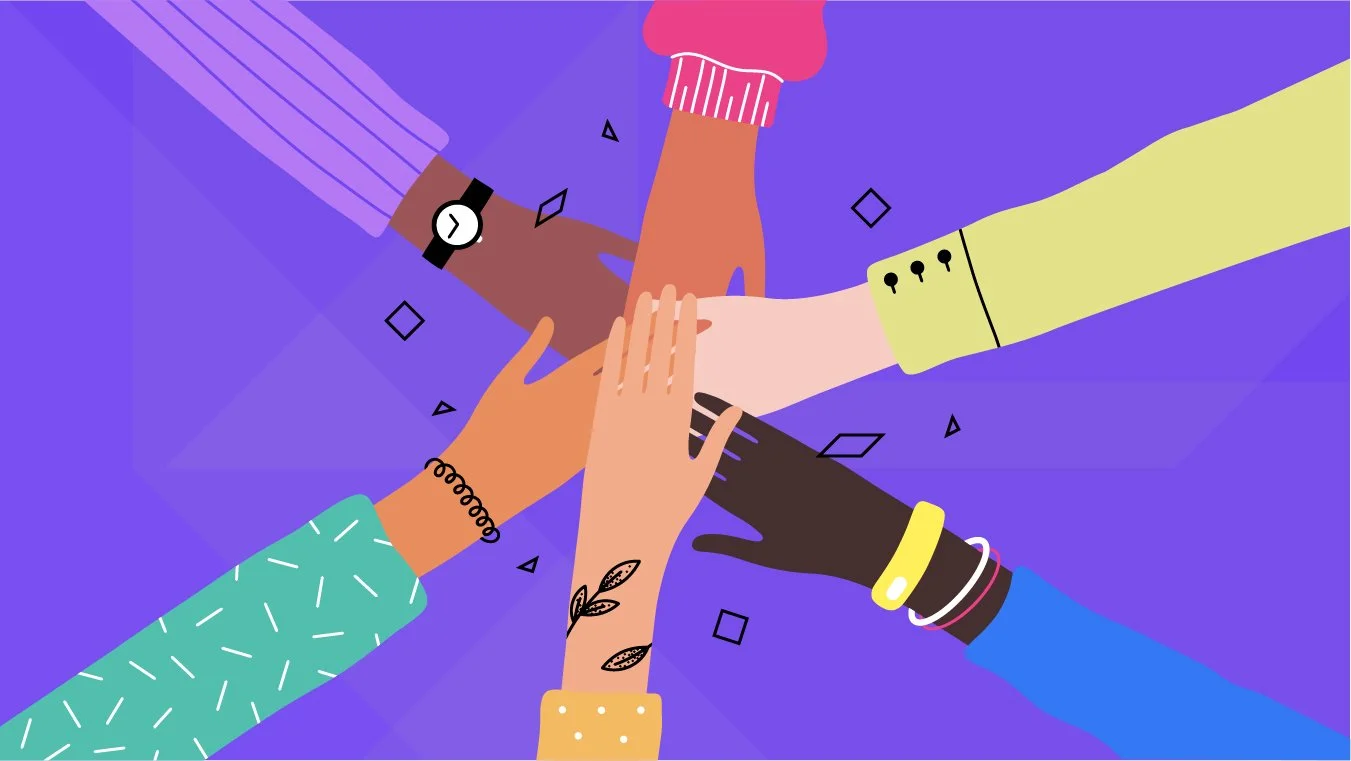Building Workplace Connections through Social Learning
June 13 | Written by Julie Dozier
By doubling down on social learning, we can contribute to the relationship-building that is so critical for our organizations.
As a remote worker, I can attest that connection is required for well-being in the workplace. Like many people, I rely on Teams chats and meetings for connection with my co-workers. It’s easy for me to prioritize flexibility and be in denial about how much human interaction I really want from my job. But it catches up with you after a while. Remember going to lunch? Hall chats? Sitting, waiting for meetings to start and talking to the person next to you? There are many, many opportunities for socialization in an office setting. Personally, when I take the time to virtually interact more with my co-workers, I know it lifts my mood. It makes me enjoy my job more. And there’s no doubt that improved well-being and stronger relationships lead to better performance.
Last year, you probably saw the U.S. Surgeon General’s report, Our Epidemic of Loneliness and Isolation: The U.S. Surgeon General’s Advisory on the Healing Effects of Social Connection and Community. The report details the issue of loneliness and its detrimental effects on physical and mental health and makes recommendations for ways we can increase connection to combat these trends. There are things remote-working individuals can do to build relationships, but there are so many things employers can do at scale to support this effort. For example, L&D is in the perfect position to promote connection in the workplace. We already know that learning is better when it’s social. We’re already designing learning activities that have social possibilities. But are we taking advantage of the opportunities we have? And are we designing these experiences intentionally to promote social interaction?
A social learning experience needs to be well-designed to be effective. We take this very seriously at Tangram, so we’d like to share three tips to help you maximize the experience and get better outcomes.
1. Warm up the learners.
Over the years, we’ve designed all kinds of social learning activities, live and virtual. You are always pressed for time with activities, but the worst thing you can do is send people in completely cold to interact without some time to break the ice. No one will take the risks you are hoping for. The interaction will remain at a surface level. Learning may be compromised. So, we always build in time for a bit of mingling and human connection at the beginning. If your learners are meeting each other for the first time, don’t assume they’ll make introductions — include directions for doing so. Then, design a quick icebreaker to get everyone warmed up. This can also be a great chance for teams who work together to learn something new about each other.
2. Create structure.
The best activities are very structured. When we decide on the learning outcomes we are targeting, we also talk through the social outcomes we want. Then, we brainstorm a bunch of possible ways to achieve those outcomes. We test the best ideas and keep the ones that generate the most meaningful interactions and interesting conversations¹. We think about how to help people warm up and bring the best version of themselves. We design roles within activities so participants have to volunteer to play one of the requested roles and stretch themselves — this is when we see the most creativity and out-of-the-box thinking emerge.
¹ Over the years of doing this, we have a great list of winning activities we'd love to share with you. Contact us to chat about what you’re working on.
3. Layer on the fun.
To balance the structure, we include fun elements. Here are some ways to add different forms of fun:
Get inspired by games you enjoy when you design the experience.
Offer your participants choices — this brings a naturally fun element that adds variety and empowers your learners.
Write the directions and feedback with a humorous, playful tone. Tip: ChatGPT or your favorite AI assistant can be helpful with this!
Brainstorm a fun theme to spice up the visuals and the content.
One or two of these strategies can be sufficient to create fun energy, but why not include all of them for even better results!
Your turn
When we describe our jobs, we don’t usually think of ourselves as social organizers, but we absolutely are! Leaning into this role strategically benefits our organizations. Let us know how you’re making social learning a priority — and share the results you’re getting! Leverage your power to boost learning outcomes and improve employee well-being.

